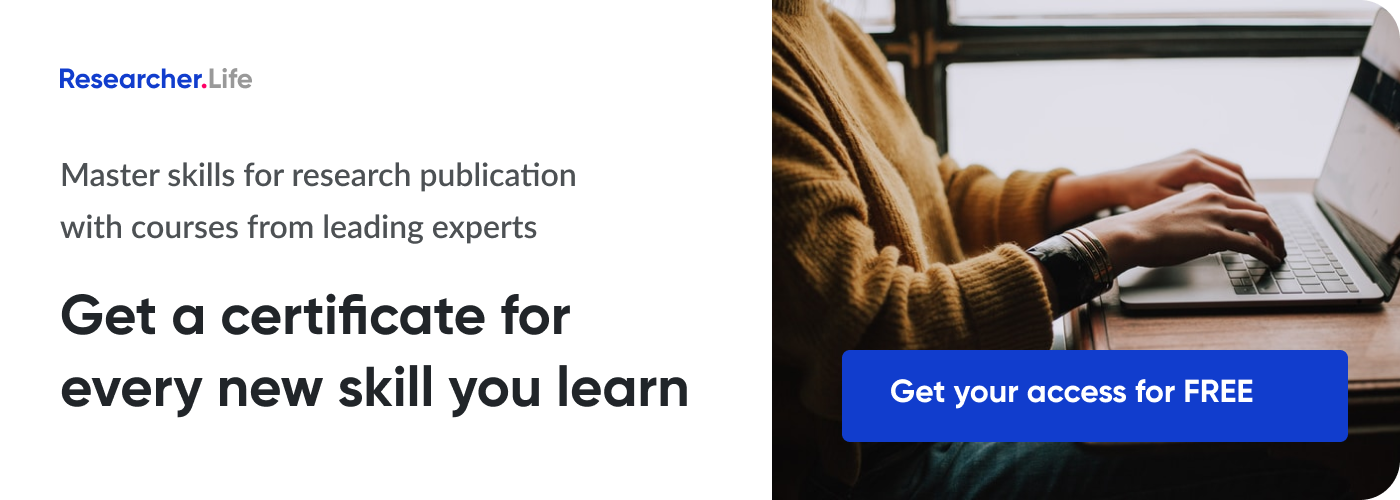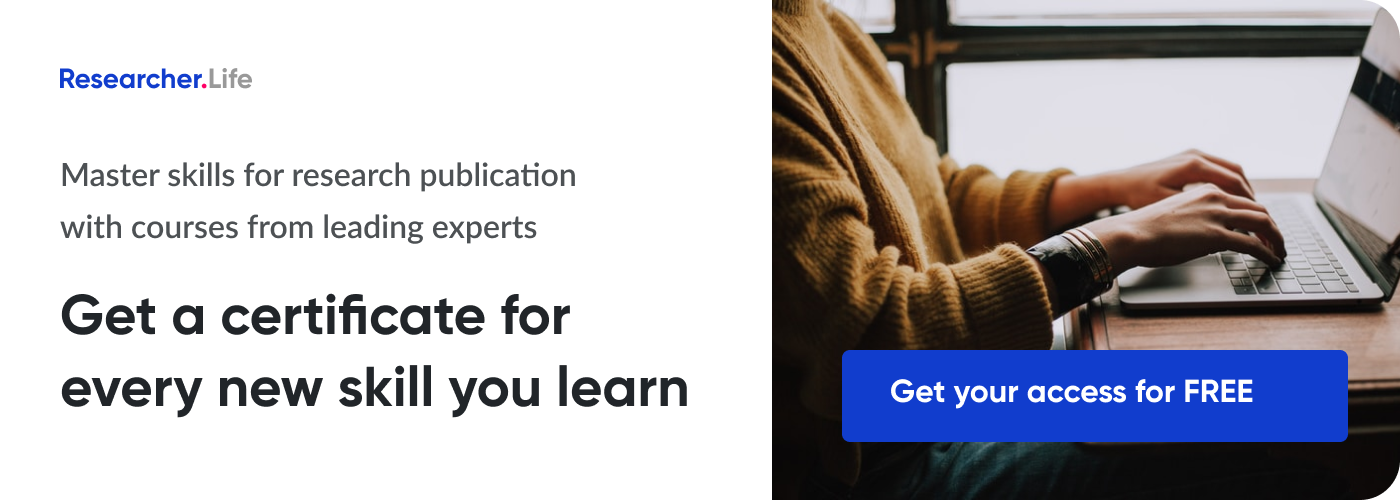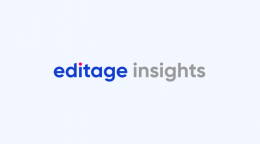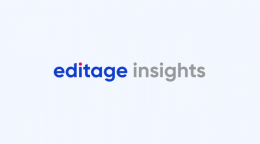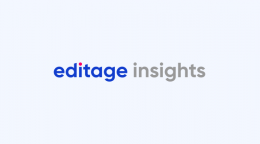From rejection to resilience – How senior editors helped these researchers deal with rejection

In this post, we will be talking about something that is uncomfortable, frustrating, and yet, surprisingly, very common in academia – rejection. It is so universal in the world of scholarly publishing that irrespective of your title, experience, or influence, rejection – at one point or another in your career as a researcher – is inevitable.
Today, for the first time, I wanted to have a closer look at a few cases of rejection we’ve seen on the Editage Insights Q&A forum. These experiences of rejection were shared by researchers who bravely and openly discussed the issues that most of us would shy away from. What I also want to focus on is how Senior Editors from Editage (the parent flagship of Editage Insights) have helped them by answering their queries and providing guidance that could help authors avoid situations like these in the future.
Q1. Why does my paper get multiple rejections?
If you view the full question here, you’d see that the tone of the researcher screams exhaustion and anguish. It’s the third time their paper was rejected and the journal editor shared no comments (let alone, constructive feedback), leaving the author feeling lost and dejected.
Editage’s Senior Editor recommended the researcher to:
- Try to identify the reason/s for rejection like mismatched scope, structural problems, unclear or incorrect writing, etc.
- Write to the editor and politely ask them about the reason for the manuscript being rejected. (This is because the editor’s comments will help the researcher improve their study.)
- Get feedback from a senior colleague or professor. Owing to their experience, they may be able to give the author constructive feedback and point out at issues in the paper they may have overlooked.
- Most of all, “Do not lose heart.” The editor recommended paying close attention to referee comments and improving the manuscript for the next submission.
Did you know? The Physical Review had rejected one of Albert Einstein’s papers before it was accepted by the Journal of the Franklin Institute in Philadelphia.
Q2. Why do some editors reject papers without stating the reasons for the rejection?
A common concern related to rejection is not knowing why you won’t get published in the journal of your choice. It is very valid, especially since it impedes the author from moving on, improving their submission, and trying once again. This researcher approached us and lamented that, “The decision letter only informs the author about the decision, without any further explanations as to why such a decision was taken….This is completely unfair to authors.”
Editage Senior Editor answers:
- It’s possible that that the journal policy prevents editors from stating the reasons for rejection clearly.
- Some journal editors may consider sharing the reasons for rejection as an invitation for a discussion on the manuscript, something they’d rather avoid.
- Perhaps, it is the individual personality of the editor or journal.
- They may be dealing with large volumes of submissions and are too busy to provide reasons.
- It’s also possible that the peer reviewer associated with your manuscript may not have listed the reasons themselves.
Q3. How to improve a manuscript that has been rejected by 4 journals?
We received a detailed query that carefully explained each of the four journal rejections the author receive. Although disappointed, the author chose to understand where they are going wrong with their manuscript and how to “make it publishable,” a sign of great resilience!
Considering that the manuscript was rejected on various counts of scope, originality, language errors, the Senior Editor answering this query recommended the author to consult with their advisor and proofread their paper. The editor also shared a comprehensive list of reflective questions the author must ask themselves to understand their manuscript better – the first step to improving it!
Editage’s Senior Editor recommended the author to ask themselves these questions:
1. Is your research question formulated well?
2. Have you chosen the right study design?
3. Have you used the right methods?
4. Do you need more experiments?
5. Can the results be generalized?
6. Do the results have theoretical or practical implications?
7. Does the paper follow the IMRaD structure?
8. Are the figures and tables accurate and properly labeled?
9. Is the language simple and clear enough for the reader to understand?
Developing academic resilience and how Editage can help!
Resilience, or the ability to bounce back from difficult situations, is an especially important skill in academia considering the pressures and challenges researchers face in their day to day lives.
Some of the most commonly cited mechanisms for becoming more resilient range from introspection to practicing relaxation techniques to meditation (and these are all undeniably excellent practices). One of the lesser talked about techniques is reaching out to a senior colleague/peer/expert for counsel. Getting feedback and discussing your paper with someone who is experienced in your subject area can be one of the best solutions to improve your manuscript, develop a stronger pitch for your research, and even target top-ranking journals.
But where do you get such hand-held guidance?
On the Editage Insights Q&A forum, we receive 100-120 questions every month from authors around the globe. These author queries are answered by Senior Editors from Editage, many of who are journal editors and peer reviewers themselves, delivering counsel on a variety of topics – from developing a research question to post-publication research promotion; they’re always happy to help!
But creating a great submission package that delights editors, one that involves ensuring every key element and the smallest details are taken care of, can be a complicated process that warrants more than an occasional question on the Q&A forum. Several authors reached out to us requesting a direct one-on-one with Editage editors. And so, we have delivered just that!
For the first time, you can now have an in-person, hour-long call with a Senior Editor from your subject area and get answers to all your manuscript doubts with Editor Consultation on Call, available as an add on with Premium Editing and Scientific Editing services by Editage! Your editor will address questions related to your manuscript’s strengths and weaknesses, share suggestions for improvement, and lend an open ear to any specific concerns you may have about making your paper more publishable. Isn’t this exciting!
What you can look forward to in the Editor Consultation on Call
- A 60-minute call set up on virtual conferencing software (like Zoom, Microsoft Teams, or WebEx) to enable a more natural interaction, easy sharing, and better call quality
- Communicate with a BELS-certified, trained Senior Editor in your research domain who understands and will address the issues you face around manuscript preparation.
- You can also choose to have a bilingual customer service executive mediate the call in case any language barriers arise in the English communication between you and our senior editor.
- Ask your Senior Editor questions related to the edits in your paper: questions on language, grammar rules, paper structure and presentation, and/or adherence to your target journal’s guidelines.
- Understand why your editor made certain changes to your manuscript so that you can employ those techniques yourself in your next manuscript!
- Receive a follow-up report by your editor with session highlights so that you can keep track of all discussions you had during the call.
Sounds like just what you need? Here’s how you can book a call with your editor!
- Choose between Editage’s Premium Editing or Scientific Editing service plans and enter order specifications like your manuscript’s word count and preferred delivery date.
- Once you proceed, select “Editor Consultation on Call” from a list of additional services.
- When your edit is complete, you will be asked for a preferred time for a call and set it up.
We encourage you to rely only on expert guidance to improve your paper and get closer to your publication goals, and who better than a senior editor who has worked on thousands of manuscripts in your field of study? Think of them as your personal gym coach, but without the cardio or sweating – it’s that easy!
Our senior editors are all set up to provide you with constructive, comprehensive, and candid feedback and support for your edited manuscript. If you are ready to revise your manuscript and manifest your 2021 goal of getting published in a top journal, click here to get started; a better manuscript is just a call away!
Comments
You're looking to give wings to your academic career and publication journey. We like that!
Why don't we give you complete access! Create a free account and get unlimited access to all resources & a vibrant researcher community.

Subscribe to Manuscript Writing
Translate your research into a publication-worthy manuscript by understanding the nuances of academic writing. Subscribe and get curated reads that will help you write an excellent manuscript.




